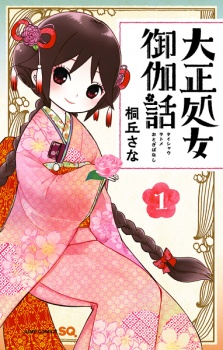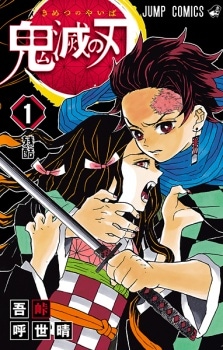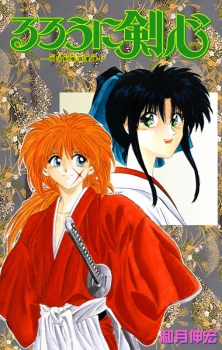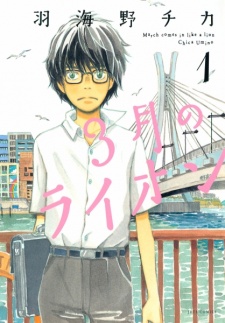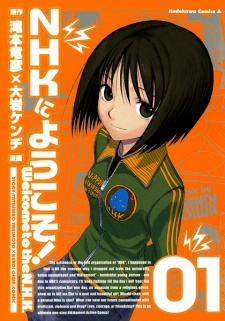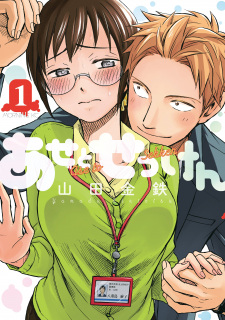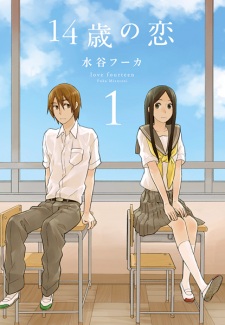Alternative TitlesSynonyms: Taishou Maiden Fairytale Japanese: 大正処女御伽話 InformationType: Manga
Volumes: 5
Chapters: 42
Status: Finished
Published: Jul 4, 2015 to Sep 4, 2017
Theme:
Historical
Demographic:
Shounen
Serialization:
Jump SQ. Authors:
Kirioka, Sana (Story & Art) Statistics Ranked: #3792 2 based on the top manga page. Please note that 'R18+' titles are excluded. Popularity: #739
Members: 25,653
Favorites: 736 Available AtResources |
|
